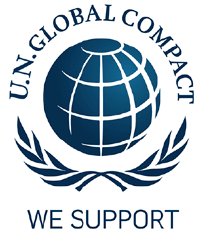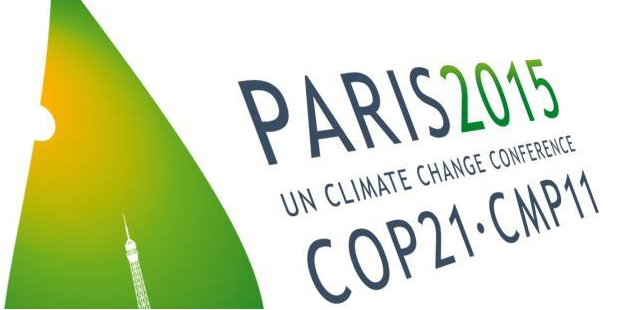A Look Ahead in 2016
2016 is set to be an eventful year for the global economy. There will be presidential elections in the United States and Taiwan, Brazil will host the Summer Olympics, the United Kingdom will reconsider its place within the European Union (EU) and China will finalize a new five-year plan for local economy, demographics and innovation.
With the European debt crisis and China’s staggering economic slowdown compounding fears of a global financial system teetering on the edge of recession, the modest but steady growth in global gross domestic product (GDP) over the past five years speaks otherwise. Although we did not witness the major acceleration in global GDP growth expected from the trend of low oil prices, wage gains and resurgent consumers around the world, the global economy has still maintained a steady course of growth.…



